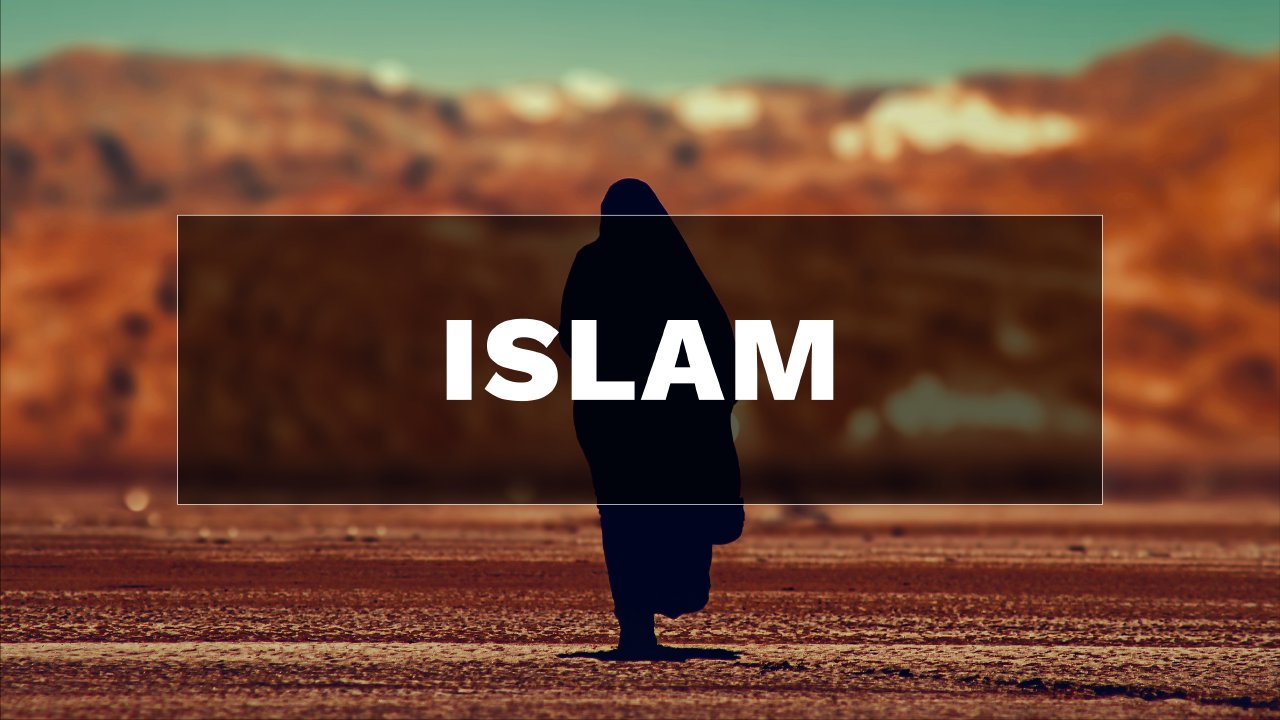Of the 1.5 billion Muslims in the world, estimates suggest:
About 70% of them are “nominal” or “cultural” Muslims:
- They don’t attend mosque or read the Qur’an.
- They’re born in Muslim homes and follow the cultural elements of Islam.
- They neither engage in violence nor support those that do. They don't treat women poorly.
- They just want to go to work and take care of their families like anyone else.
About 15% of Muslims are what we might call “reformed”:
- They attend mosque & read the Qur’an.
- They take their faith very seriously.
- Many of them are scholars at universities.
- They tend to interpret the violent passages and the passages dealing with women in the Qur’an as not being applicable for today.
About 15% of Muslims are called “radical” or “extremist”:
- They attend mosque & read the Qur’an.
- They take their faith very seriously.
- These Muslims do apply the violent passages for today and would either engage in violent jihad or support those that do. They treat women according to Qur’an.
- Although these Muslims make up only 15%, that’s still around 225 million (more than 2/3 the population of the United States).

Muslim Demographics
Alan Shlemon
More from
Islam



